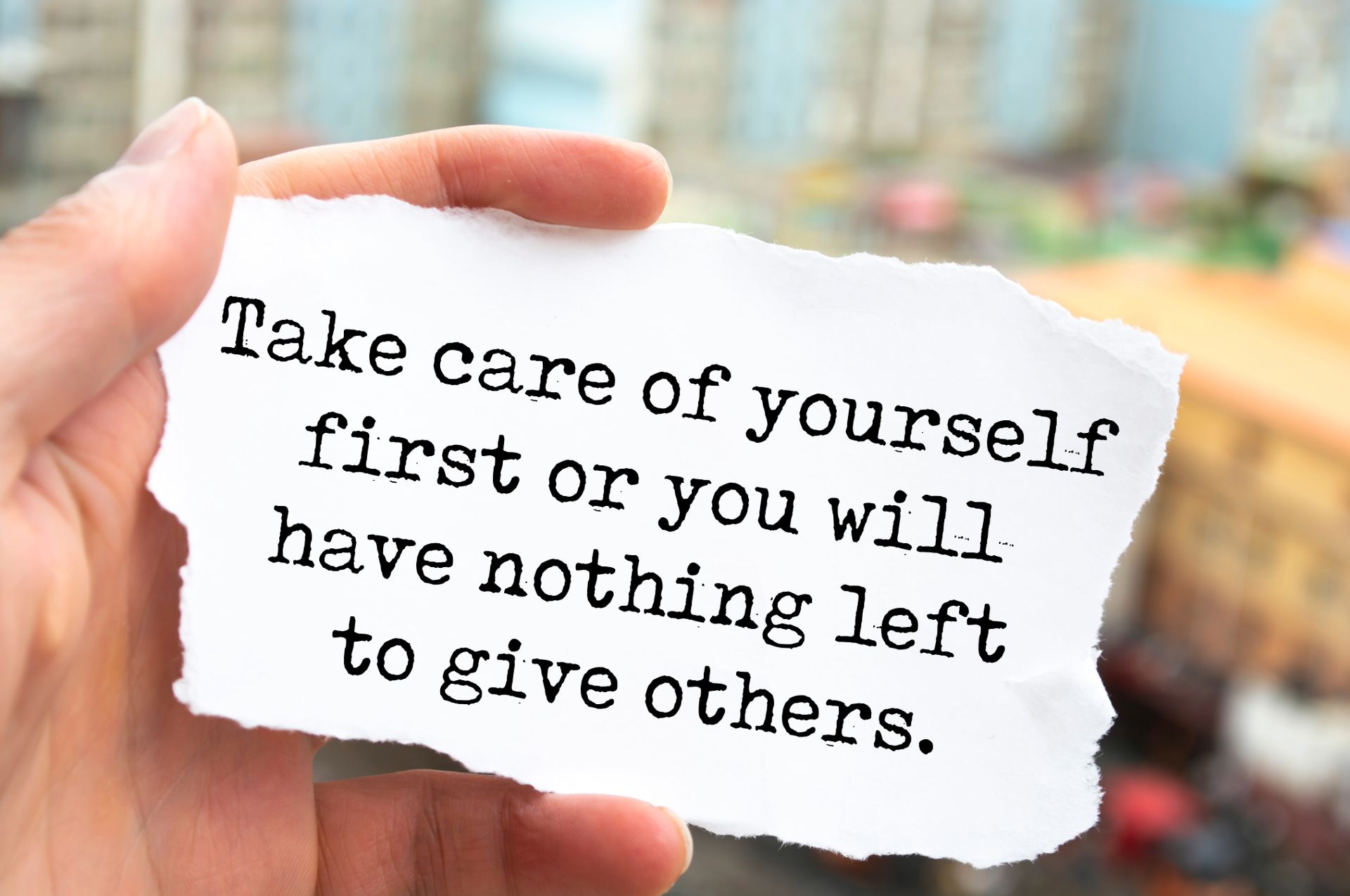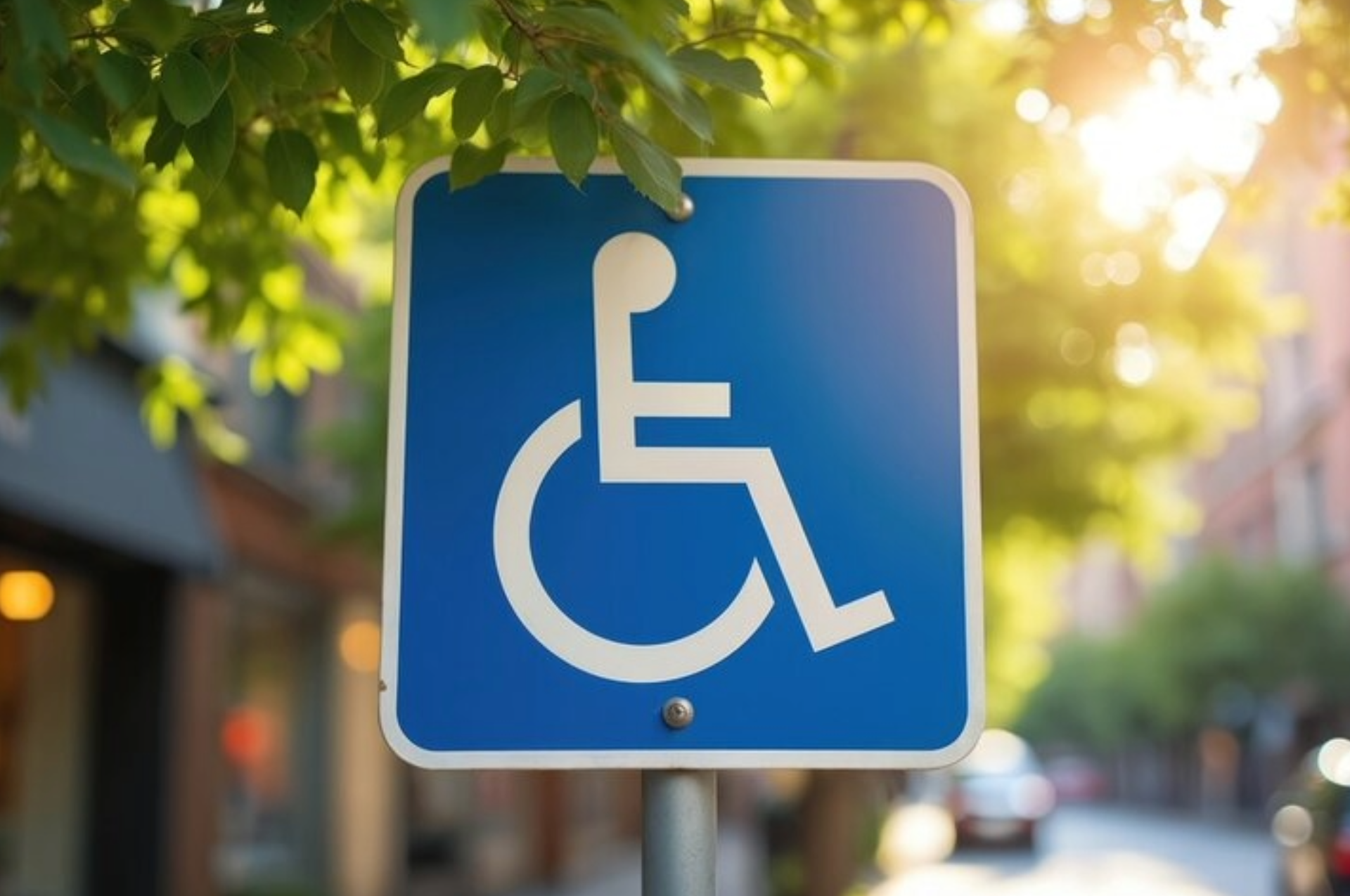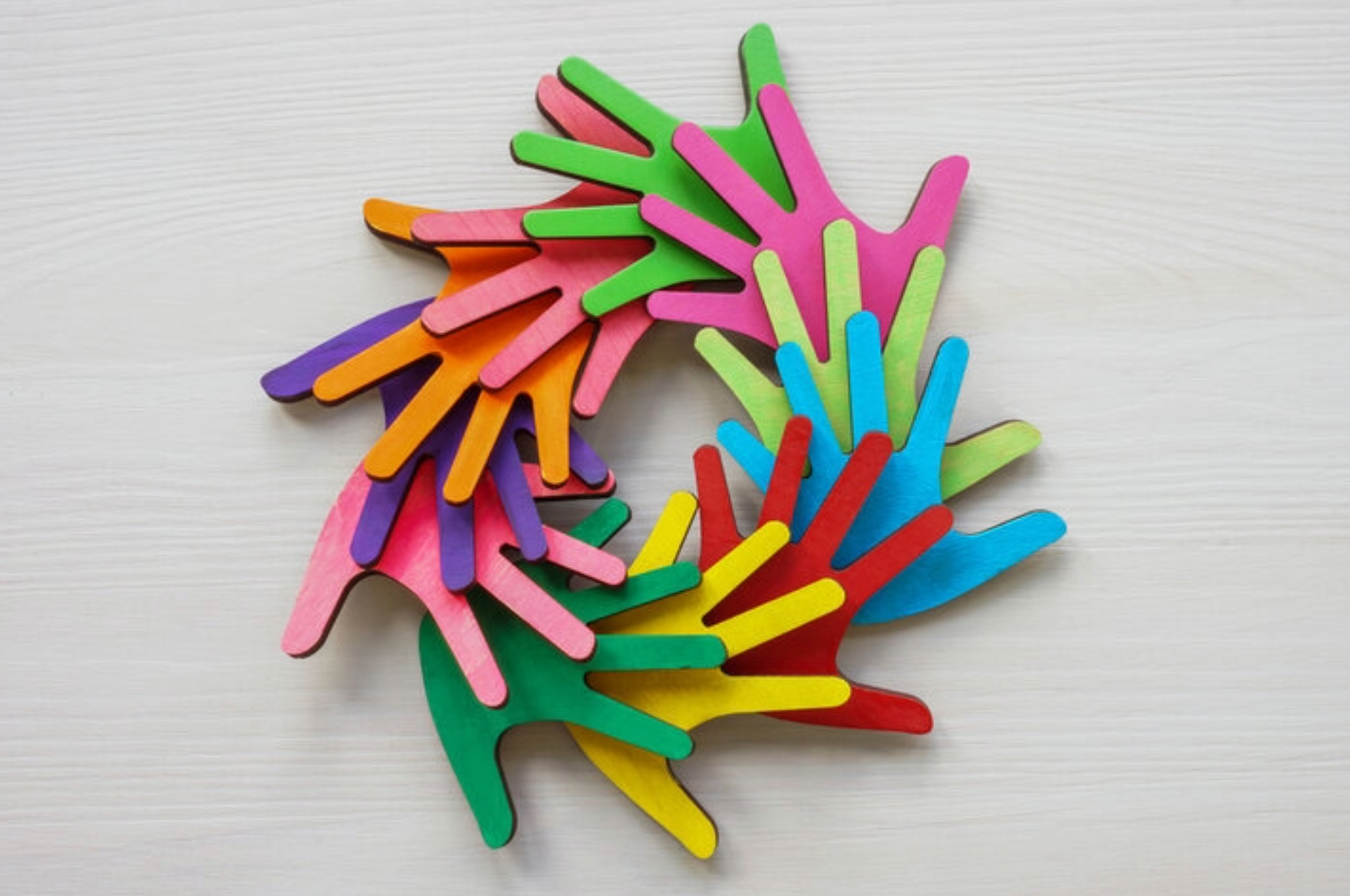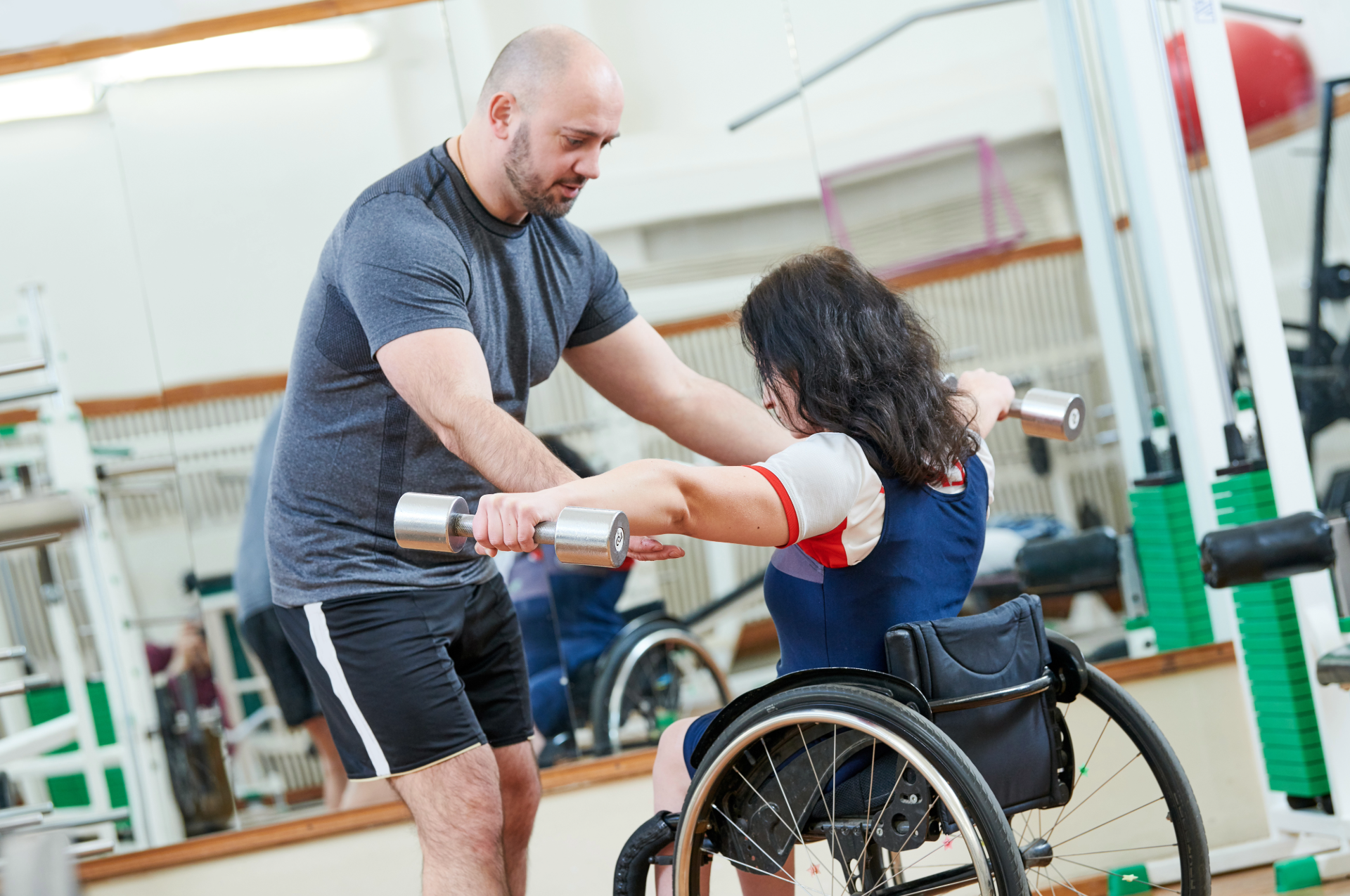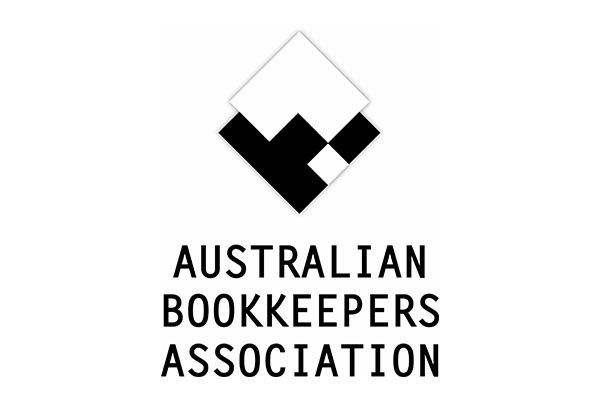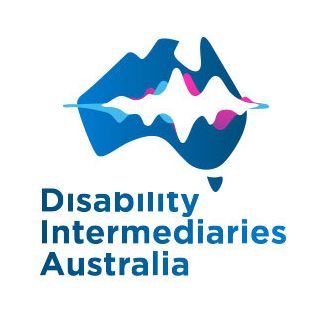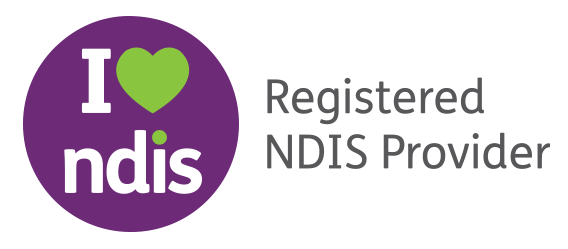Participant Enquiries
What the NDIS Can (and Can’t) Pay For

Understanding what the NDIS can and can’t fund is essential for making the most of your plan and avoiding costly errors. In July 2025, updated support lists were released, offering greater clarity around eligible purchases and stricter consequences for non-compliant claims.
In this blog, we break down the key categories, rules, and common pitfalls so that you can stay confident and compliant.
What is considered an NDIS support?
The
NDIS funds a broad range of supports, services, and items that help participants pursue their goals, increase independence, and improve their daily life. To be eligible, a support must be:
- Directly related to the participant’s disability
- Considered "reasonable and necessary"
- Value for money
Not funded by other systems (like Medicare or public health)
Examples of approved supports:
- Personal care (e.g., assistance with showering, dressing)
- Therapy services (e.g., physiotherapy, occupational therapy, speech pathology)
- Assistive technology (e.g., wheelchairs, hearing aids)
- Home modifications
- Support coordination
- Transport to access community or work
- Capacity building programs
- Plan management services
What the NDIS does not fund
There are clear exclusions outlined in the NDIS rules. In general, the NDIS will not pay for:
- Daily living costs not related to a disability (e.g., rent, groceries)
- Items that are illegal or unsafe (e.g., alcohol, cigarettes, gambling products)
- Supports funded by another service system (e.g., education, health, housing)
- Duplicated supports already covered elsewhere in a participant’s plan
Expenses that are not considered “value for money” or not linked to a disability
The Transition Period Has Ended
Between July and October 2025, the NDIA introduced a transition period for low-value, unintentional claims (under $1,500) made on excluded items. That grace period ended on 3 October 2025.
This means:
- Claims for ineligible purchases can now result in debts being raised
- Participants may be asked to repay funds if purchases don’t meet criteria
Common Mistakes to Avoid
Some of the most common errors that can lead to rejected claims or repayment requests include:
- Buying general groceries without a specific goal-linked justification
- Paying for fuel or taxis without travel approval in the plan
- Purchasing lifestyle items (e.g., gym memberships, tablets) without connection to goals
- Using the wrong budget category (e.g., claiming consumables under core supports)
Not keeping proper records (e.g., invoices missing service dates or ABNs)
What to Do If You're Unsure
If you're ever uncertain about whether something is allowed under your plan:
- Check your plan’s goals and budget categories
- Consult
your plan manager or
local support coordinator
- Refer to the NDIS support item list and updated price guide
FAQ: What the NDIS Funds & What It Doesn’t
What kinds of supports does the NDIS fund?
The NDIS may fund supports that are related to your disability, help you pursue your goals, increase your social/economic participation and are value‑for‑money. Typical examples include assistance with daily life, transport to participate, home modifications, assistive equipment and therapeutic supports.
What is not funded by the NDIS?
The NDIS will not fund supports that are:
- Not related to your disability or needs
- Essentially everyday living costs (like rent, groceries) that others would pay for anyway
- More appropriately funded by other systems (health, education, housing)
- The NDIS also publishes a list of categories of items and services that are not NDIS supports.
If I’m unsure whether something is covered, what should I check?
Ask whether the support:
- Relates directly to your disability and the goals in your plan
- Helps you with participation or independence
- Offers good value (not a cheaper alternative that’s less effective). If unsure, talk to your plan manager, support coordinator or check official NDIS guidance before spending.
Will the NDIS fund my GP appointments or hospital stays?
No. The NDIS does not cover general health services such as GP visits, surgery, hospital care, or medications. Medicare or state health services fund these.
Can I use my NDIS plan to pay for groceries or takeaway food?
No, unless part of an approved meal preparation and delivery service. The NDIS doesn’t fund general food, drinks, or household groceries.
Can I get a gym membership or swimming lessons through the NDIS?
Possibly. These may be funded if they are linked to a goal in your plan and needed because of your disability. You may need evidence (e.g., from your therapist).
Will the NDIS fund a smartphone, iPad, or laptop?
Only if you can show it’s required due to your disability (e.g., communication, education access) and it’s included in your plan or recommended by a therapist. General-use devices are not covered.
Can I use my NDIS funds to cover rent or utility bills?
No. These are considered general living expenses and are not funded, even if you live in supported accommodation.
Does the NDIS cover fuel or car registration?
Not usually. Transport supports may include funding for travel with a provider or in special cases, vehicle modifications — but not personal fuel or rego.
What about alternative therapies like massage or hypnotherapy?
Only if the treatment is evidence-based, related to your disability, and recommended by a qualified therapist. Even then, approval is not guaranteed.
Can I claim for sensory or weighted items?
Yes, if they are part of a therapeutic strategy and approved in your plan. These must be related to your disability needs (e.g., autism or sensory processing).
What if I make a mistake and buy something not allowed?
As of October 2025, the NDIA can request repayment for non-compliant purchases, even if the item was under $1,500. The "transition" grace period has ended.
Is transport to work, school, or community activities covered?
Sometimes. Your plan must include transport supports, and you may need to show how it's linked to a goal. Speak to your Support Coordinator or Plan Manager for clarity.
Can NDIS funds be used to pay support workers to attend social events with me?
Yes, if it supports social participation and is linked to a goal in your plan. The support must be rostered and recorded correctly.
Will the NDIS fund modifications to my home or car?
Yes, if the changes are essential for accessibility and independence. Approval usually requires an occupational therapy assessment and quote.
Does the NDIS cover education costs or school fees?
No. These are covered under the education system. However, the NDIS may fund supports that help you participate in school, like an integration aide or assistive tech.
Can I use NDIS funds to pay a family member who helps me?
Not usually. The NDIS only allows this in exceptional circumstances, where no other support is available and it has been approved in your plan.
What supports can I get without a diagnosis?
For children under 9, the NDIS can provide early childhood early intervention (ECEI) supports without a formal diagnosis, depending on need.
This FAQ is current as of November 2025 and based on official NDIS guidance.
Staying Compliant Without the Stress
Navigating the NDIS can be complex, especially when the rules evolve. The good news is that help is available:
- Plan Managers can track your budget, pay your invoices, and flag potential issues before they arise
- Support Coordinators can help you interpret your plan, connect with suitable providers, and stay aligned with your goals
Working with the right support team helps you avoid errors, stay audit-ready, and focus on what matters most: achieving your goals.
Final Thoughts
The NDIS is designed to empower people with disability to live more independently, access their communities, and achieve meaningful outcomes. Knowing what’s in and what’s out is a key part of making that happen.
Have questions about a claim or purchase? Don’t guess. Reach out, double-check, and stay informed.
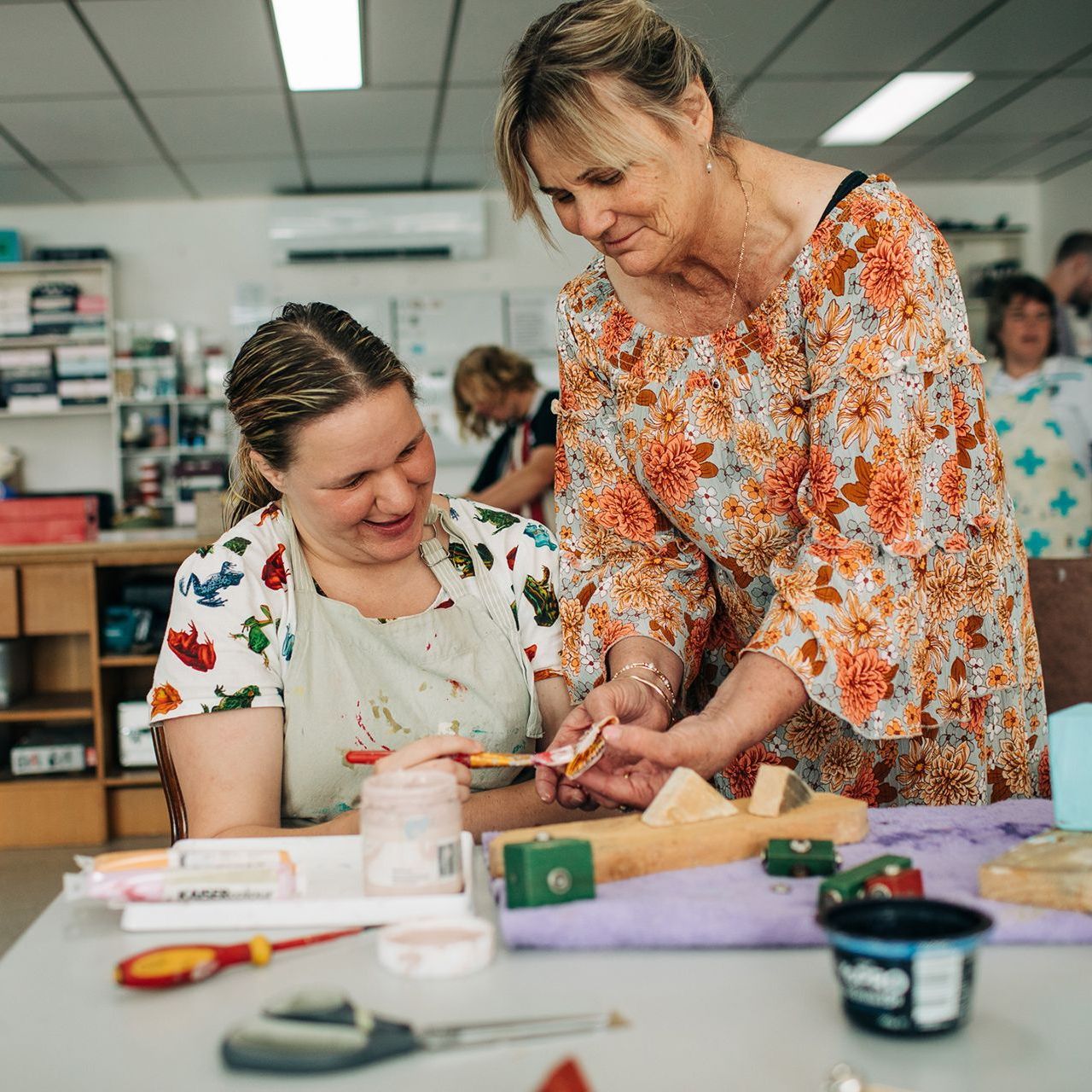
NDIS Plan Management and Support Coordination
At Empowrd, we are here to make your life easier. Based in Port Lincoln on the Eyre Peninsula, we offer a personal, accessible and holistic approach to NDIS Plan Management and Support Coordination.
We provide Plan Management services across Australia, assisting with financial administration, and offer Support Coordination to participants in Port Lincoln and Eyre Peninsula, connecting them with the right supports and providers. Our goal is to ensure your NDIS plan works for you, so you can focus on achieving your goals and doing what you love.
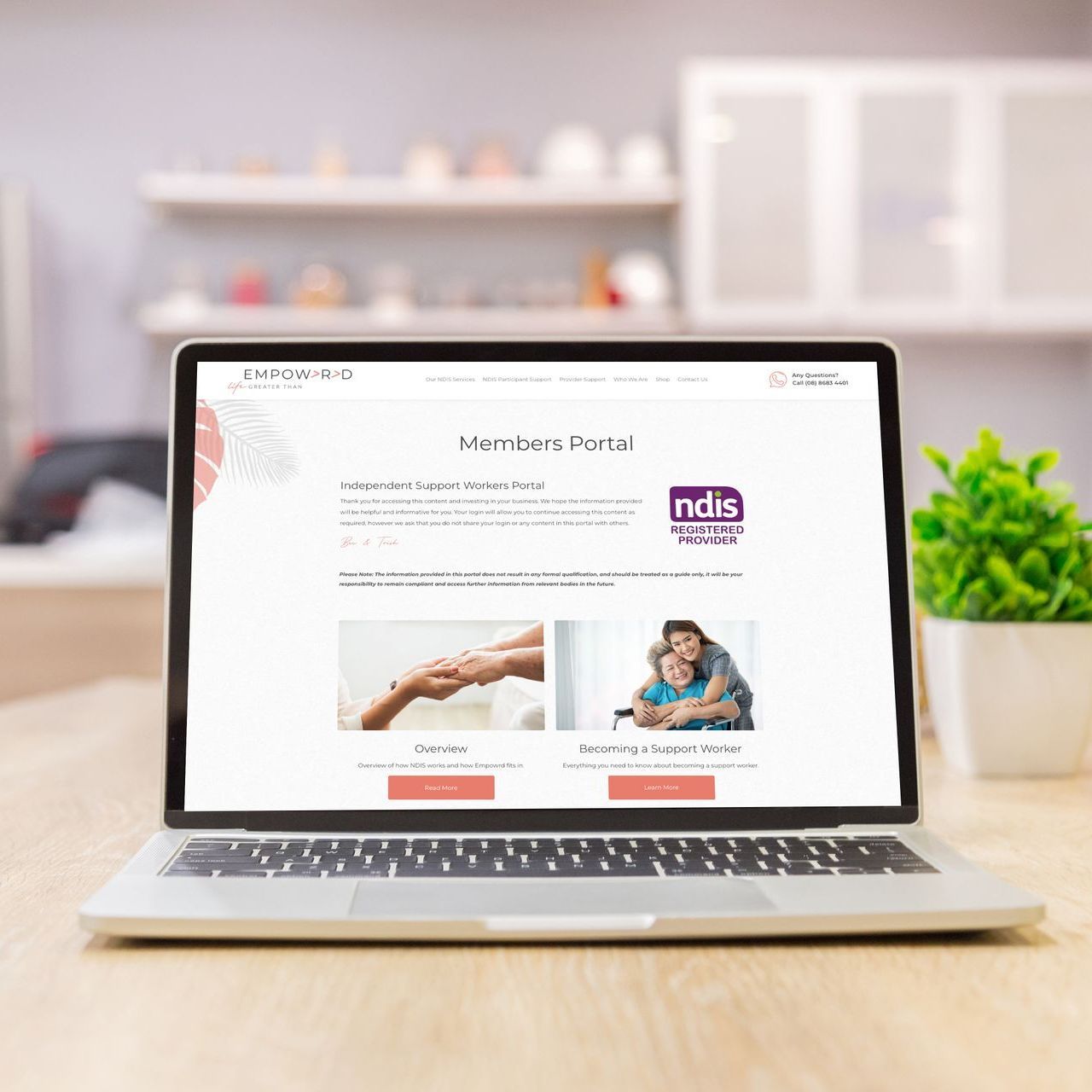
Want to Become a Support Worker?
Our Independent Support Workers Education Portal provides everything you need to navigate the NDIS, find work, and confidently offer services as an Independent Support Worker. For just $65, you will gain access to comprehensive guides, essential resources, and ready-to-use templates to streamline your work.
Inside, you will find:
- A clear breakdown of how the NDIS works
- Tips for finding jobs and delivering services
- Step-by-step guidance on invoicing and support planning
- Ready-to-edit templates for quotes, service agreements, invoices, and case notes
Need just the templates? You can also purchase them separately as standalone resources.
I hope you enjoy reading this blog post.
If you are ready to be Empowrd to live your life to the fullest, let us steer you on the right path.
Be EMPOWRD to Live Your Best Life
If you’re ready to be empowered to live life on your terms, we’re here to help guide the way. At Empowrd, we offer a personal, accessible, and holistic approach to NDIS Plan Management and Support Coordination. We’ll ensure your plan works for you, allowing you to focus on your goals and the things you love most.



